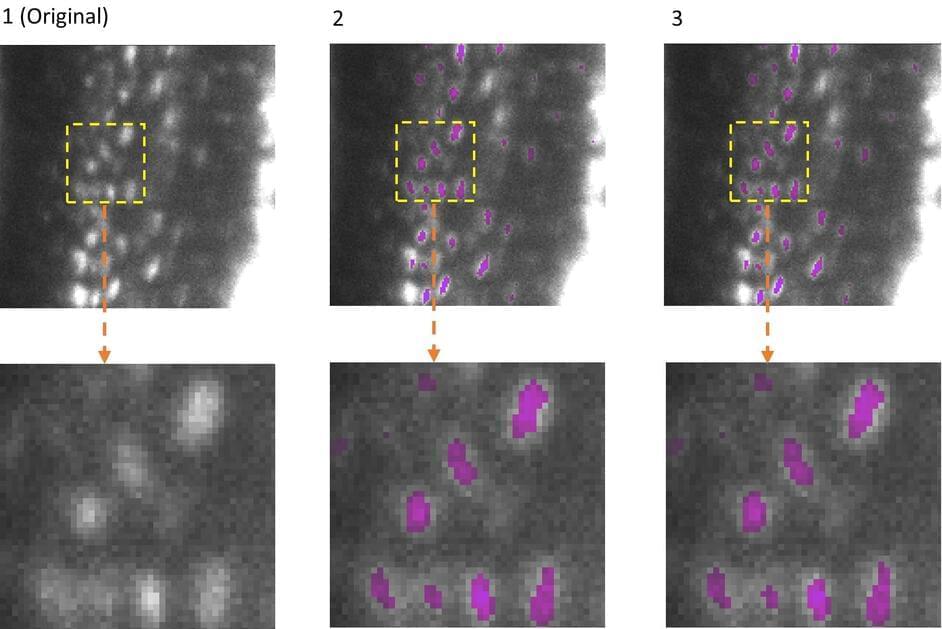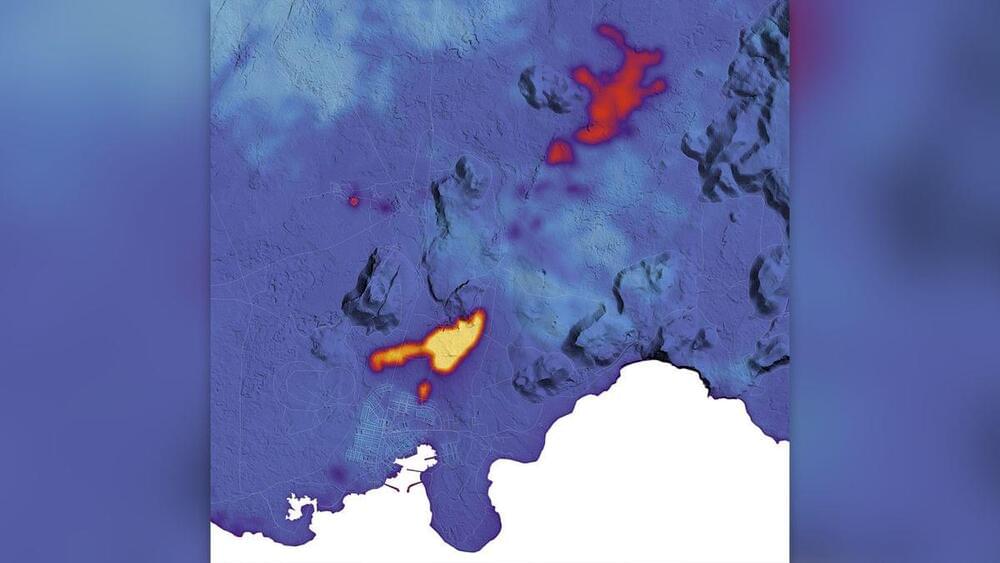New research links mutation rates and lifespan. We visualize the data supporting this new framework for understanding cancer.


Pimax creates the world’s first ultra-high-definition VR headset with twice the pixel count of PlayStation VR2. Find out the interesting details here.
Join us on Patreon! https://www.patreon.com/MichaelLustgartenPhDDiscount Links: Telomere, Epigenetic Testing: https://trudiagnostic.com/?irclickid=U-s3Ii2r7x…

But then Santamaria, who is at the University of Calgary in Canada, came up with a bold idea. Maybe he could use these particles as a therapy to target and quiet, or even kill, the cells responsible for driving the disease — those that destroy insulin-producing islet cells in the pancreas. It seemed like a far-fetched idea, but he decided to try it. “I kept doing experiment after experiment,” he says. Now, more than two decades later, Santamaria’s therapy is on the cusp of being tested in people.
It’s not alone. Researchers have been trying for more than 50 years to tame the cells that are responsible for autoimmune disorders such as type 1 diabetes, lupus and multiple sclerosis. Most of the approved therapies for these conditions work by suppressing the entire immune response. This often alleviates symptoms but leaves people at elevated risk of infections and cancers.
But for decades, immunologists have hoped to restore what’s known as tolerance — the immune system’s ability to ignore antigens that belong in the body while appropriately attacking those that don’t. In some cases, that means administering the very antigens that the rogue cells are trained to attack, a strategy that can deprogram the cells and dampen the autoimmune response. Other researchers are trying to selectively wipe out the problematic cells, or to introduce suppressive immune cells that have been engineered to target them. One approach that relies on engineered immune cells was used to treat 15 people with lupus or other immune disorders with surprising success1. One participant has been symptom-free for more than two and a half years.

Artificial intelligence (AI) has become an indispensable component in the analysis of microscopic data. However, while AI models are becoming better and more complex, the computing power and associated energy consumption are also increasing.
Researchers at the Leibniz-Institut für Analytische Wissenschaften (ISAS) and Peking University have therefore created a free compression software that allows scientists to run existing bioimaging AI models faster and with significantly lower energy consumption.
The researchers have presented their user-friendly toolbox, called EfficientBioAI, in an article published in Nature Methods.




It’s all thanks to what is called the “solar maximum,” when the sun is reaching its peak of a roughly 11-year cycle, which NASA says began again in December 2019. The sun’s activity has been ramping up since then, with an expected peak in July 2025.
MORE: Pilot performs mid-flight maneuver to give passengers a rare view of the northern lights
The northern lights, also known as the aurora borealis, happen in regions around the earth’s magnetic pole. They appear when electrons from solar flares interact with atoms and molecules in the Earth’s atmosphere. That in turn creates lights and multiple colors in the sky.
